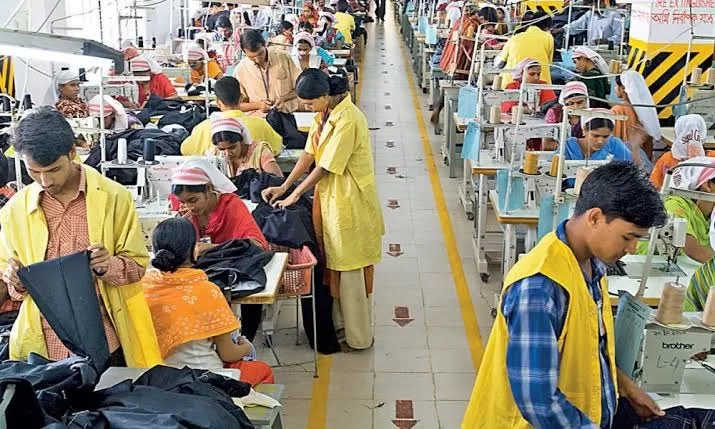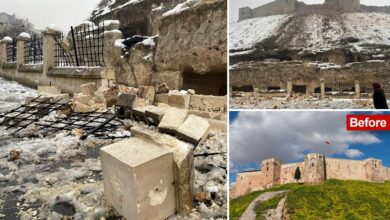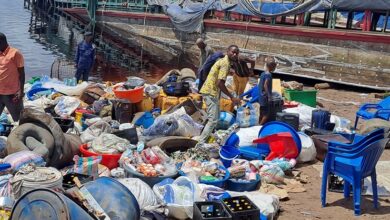
News Mania desk/Agnibeena Ghosh/28th April 2024
Pakistan’s economy is currently facing a severe crisis, with inflation surpassing 29% during the last fiscal year. Prime Minister Shehbaz Sharif, who took office for a second term amidst economic and political turmoil, recently attended a conference with business leaders. At the conference, he was urged to initiate trade talks with India as a measure to alleviate the economy’s dire situation.
Addressing the conference, PM Sharif also made remarks about Bangladesh’s remarkable economic progress, juxtaposing it with Pakistan’s current economic challenges. He highlighted how Bangladesh, once known as ‘East Pakistan’ and considered a burden on West Pakistan, has now achieved greater economic stability.
The government led by Prime Minister Shehbaz Sharif is actively seeking to secure another staff-level agreement on a new long-term, larger loan with the International Monetary Fund (IMF) by early July. This agreement aims to address inflation and stabilize the economy amidst the ongoing crisis.
Trade Talks with India:
Pakistan and India’s trade relations have been strained, particularly since India’s revocation of the special status of Jammu and Kashmir by abrogating Article 370 of its Constitution. This decision led to strong reactions from Pakistan, including the downgrading of diplomatic ties and the expulsion of the Indian envoy. Additionally, Pakistan severed direct trade ties with India.
During the conference with business leaders, there was a palpable sense of concern over the political situation in the country, particularly following the arrest of PTI chief Imran Khan. Business leaders urged the Prime Minister to initiate trade talks with India as a crucial step towards economic recovery.
Arif Habib, the chief of Arif Habib Group, emphasized the importance of trade with India, stating, “I suggest you do a few more handshakes. One of them is regarding trade with India, which would greatly benefit our economy.” He also suggested addressing the political situation, referring to the jailed PTI leader Imran Khan.
Bangladesh’s Economic Progress:
In a veiled reference to Bangladesh’s thriving economy, Prime Minister Sharif reflected on the past perception of Bangladesh as a burden on Pakistan. He acknowledged, “I was quite young when… we were told that it’s a burden on our shoulders…Today you all know where that ‘burden’ has reached (in terms of economic growth).” He expressed a sense of admiration for Bangladesh’s economic achievements.
Lessons Learned:
The contrasting economic trajectories of Pakistan and Bangladesh serve as a poignant lesson for policymakers. While Bangladesh has made significant strides in economic growth, Pakistan grapples with inflation and economic instability. Prime Minister Sharif’s acknowledgment of Bangladesh’s success underscores the need for introspection and reform within Pakistan’s economic policies.
In conclusion, Pakistan faces formidable economic challenges that require urgent attention and decisive action. Initiating trade talks with India and drawing lessons from the economic progress of neighboring countries like Bangladesh could serve as vital steps towards revitalizing Pakistan’s economy and ensuring sustainable growth.






